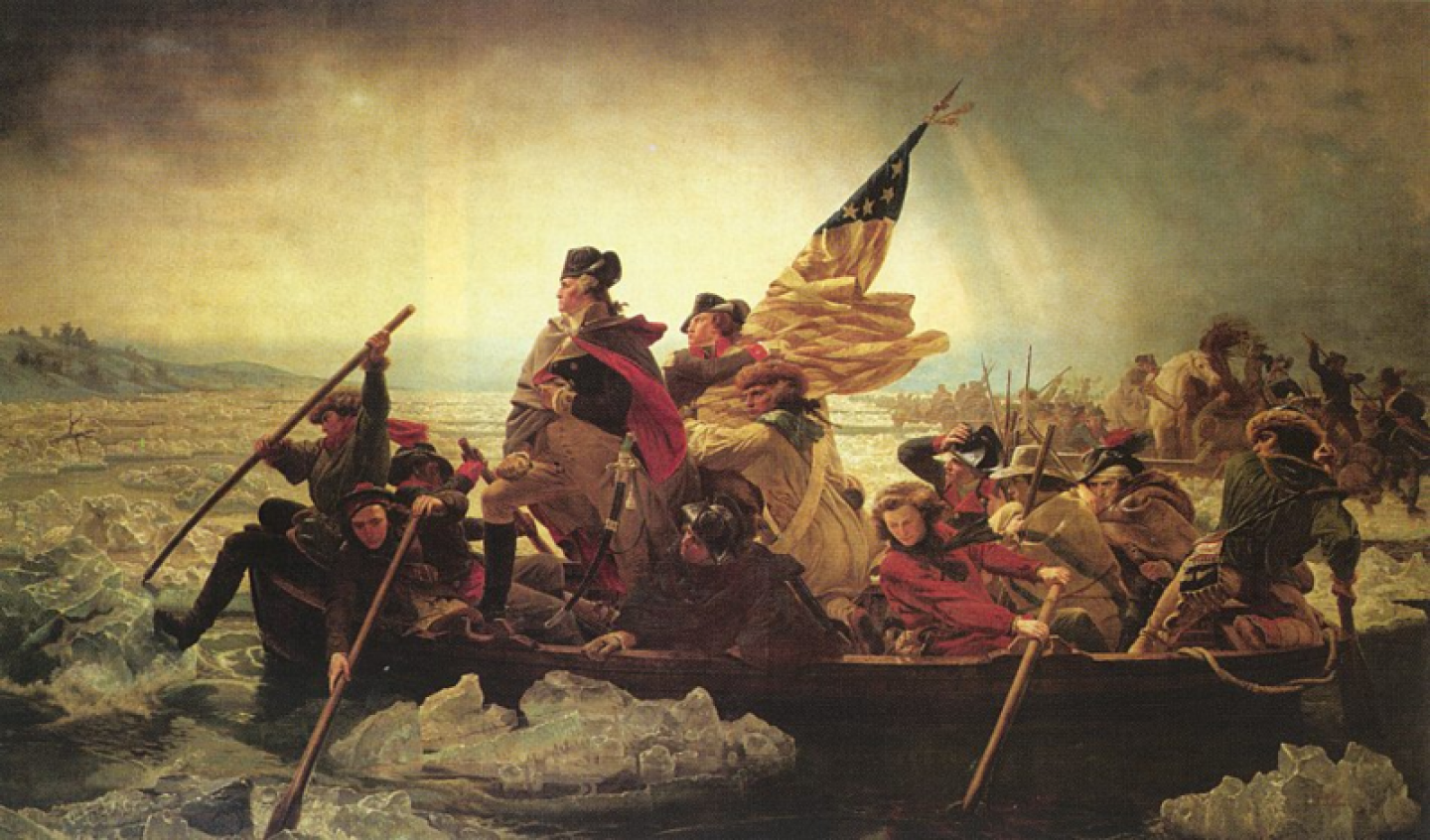A recent Wall Street Journal oped by Joseph Epstein asked the question on the minds of most Americans viewing this tragicomic circus going on that we call the Presidential race: “These five are the best that we can do?”
Readers of this blog and my close friends recognize that over the last few years I have turned Greek and Roman history and philosophy and finding the modern equivalents into an interest and hobby. In this vein, Epstein quotes the ancient Roman general and politician Sulla when he opens with, ““There are some systems which naturally take control out of the hands of good men. There are even some which necessarily put it in the hands of bad ones.” So it seems with the American two-party system of primary selection and election process of the leader of the free world. What was historically an expectation of leadership, experience, character, substance, and virtue holding preeminent roles in the winning of votes has devolved into a vulgar race to the bottom based on celebrity and style for the job. Anyone who cynically doubts my previous point about winning the office based on substance needs to go back and read George Washington’s musings and writings on the office of the Presidency as well as the Lincoln Douglas debates and compare and contrast these grand idealistic visions to Trump talking about the size of his genitals to recognize the depth of the abyss we have sunken into.
Epstein takes aim at our media culture as a primary culprit of this devolution. The main thesis of his oped is as follows:
The media and Internet are the major instruments of contemporary political degradation. The media were once more restrained, operating under a largely self-imposed control. During the Kennedy administration, journalists agreed not to photograph the president smoking or playing golf; as for his high jinks above stairs in the White House, that was never up for public discussion. In earlier years, no reporters brought up the lady friends of Franklin Roosevelt or Dwight Eisenhower, and focusing on FDR’s physical incapacity during wartime was unthinkable.
Things changed under the presidency of Lyndon Johnson. His position on the Vietnam War went contrary to that of most members of the media, who decided that opening the president to attack was not only feasible but honorable. The media’s adversarial role intensified under Richard Nixon. After Watergate, “investigative journalism” became one of the heroic professions. What investigative journalists chiefly investigated was malfeasance and above all scandal.
The advent of the Internet made this all the worse. The Internet is without an ethical standard. On it anyone can say anything—and usually does. Donald Trump has added to the demeaning quality of the proceedings by using the Internet—those endless insulting tweets—and attracting press and television with his steady stream of attacks on the personal lives of his opponents.
While I tend to agree that the media is a perfectly culpable standard bearer and complicit in vulgarity and sophomoric coverage and analysis, I believe that they are a mere reflection of the overall culture that we have become, which is a culture at large that is fueling the demand for “bread and circuses” to fill our appetites, as the Roman satirist Juvenal would quip. The media is simply following reader and viewer demand, rather than a media conspiracy to dumb down our preferences. We can’t let ourselves off of the hook and blame the media for our own vulgarity and mediocrity.
Furthermore, I don’t believe the American appetite for savagery is unique in the historic perspective. We can look to ancient Greece for the same lessons. In Plato’s Republic, much of the effort of his philosophical writing is towards defining the ideal city that is led by people of great virtue and character. When asked why such people of character so rarely choose to enter politics, Plato, using Socrates as the speaker, offers up the poignant observation that, “Now, the members of this small group (people of great character and virtue – philosophers in a word) have tasted how sweet and blessed a possession philosophy is, and at the same time they’ve also seen the madness of the majority and realized, in a word, that hardly anyone acts sanely in public affairs and that there is no ally with whom they might go to the aid of justice and survive, that instead they’d perish before they could profit either their city or their friends and be useless both to themselves and to others, just like a man who has fallen among wild animals and is neither willing to join them in doing injustice nor sufficiently strong to oppose the general savagery alone.” The implication is clear that for time immemorial, people of great character stay away from political leadership out of fear of being torn to pieces by the wolves involved in it or perhaps worse, becoming a wolf themselves. Epstein uses Mitch Daniels as an example of a man of great character who stayed away from politics for the reason that Plato outlines above.
More chillingly, Plato uses his writings in Republic to give voice to Socrates’ opinion that of all forms of government, democracies are most prone to giving way to tyrants, as that form of government is most likely to succumb to the majority elevating a tyrant. The tyrant in turn promotes members of this class to bodyguards and sycophants who allow them to create and hold on to more powers that are subsequently used to confiscate and redistribute wealth back to the majority, further entrenching this majority party in power. In Socrates’ estimation, the careful balance of a democracy that gives way to tyranny is when those that would protect freedom cease to have virtue and give themselves over to excessive vice and hedonism. A class of people (Socrates derisively calls them idlers) gains power due to their forcefulness and loudness (seeing the parallels here to current politics?) who unite behind a leader willing to advocate their views. Socrates likens such a leader to a wolf who is willing to spill kindred blood and justify it as necessary to get power in order to address wrongs done historically. Thus, acts of evil and vulgarity have their excuses. The tyrant eventually suppresses dissent and any form opposition is not tolerated. Eventually the wolf likely even turns on those he purported to be helping originally on the path to power. Once the blood spills, it can’t be stopped.
While I am not jumping to a dramatic conclusion that current Presidential candidates are the personification of the tyrant wolf so described in the discourse above, I do think Plato’s Republic has some tremendously useful and relevant warnings for American society and the path to devolving into such tyrannies. I don’t believe that America has some preternatural destiny to keep our grand experiment in self-governance going perpetually absent the will and the requisite virtues of the people to keep it going. While our institutions are more durable than countries in Eastern Europe or Latin America, I don’t believe they are absolutely unassailable, especially if the majority of the population are not inclined to defend them. I do believe that if we continue to elevate political leaders that are of weak virtue and character that under the right conditions we could devolve into the dystopian tyranny that Plato describes. As Plato writes, the tyrant comes to power because in every society there are a subset of people that perpetuate evil and wish to do evil to others and wish to extract wealth and natural power from others through the force of government. In well-governed societies, these evil and mindless people become petty people of little repute, perhaps even criminals. They may become successful money-makers, but Plato is careful to point out that making money is not to be confused with virtue. In a place where there is no regard for virtue and poorly governed societies, tyrants are elevated to the leadership by force of will of the majority.
Astonishingly and with incredible prescience and similarity to today’s politics, in describing the nature of a would-be tyrant, Socrates explains that they are, “those whose nature is filled with fears and erotic love of all kinds… isn’t this harvest of evils a measure of the difference between a tyrannical man who is badly governed on the inside – whom you judged to be most wretched just now, and one who doesn’t love a private life but is compelled by some chance to be a tyrant, who tries to rule others when he can’t even control himself. He’s just like an exhausted body without any self-control, which instead of living privately, is compelled to compete and fight with other bodies all its life…In truth, and whatever some people may think, a real tyrant is really a slave, compelled to engage in the worst kind of fawning, slavery, and pandering to the worst kind of people. He’s far from satisfying his desires in any way that is clear – if one happens to know that one must study his whole soul – that he’s in the greatest need of most things and truly poor. And if indeed his state is like that of the city he rules, then he’s full of fear, convulsions, and pains throughout his life… And we’ll also attribute to the man what we mentioned before, namely, that he is inevitably envious, untrustworthy, unjust, friendless impious, host and nurse to every kind of vice, and that his ruling makes him even more so. And because of all of these, he is extremely unfortunate and goes on to make those near him like himself.”
These are powerful words of warning to the citizens of democracy and predict our turning to savagery and mediocrity in our political leaders and why we lack in the truly gifted of great moral character.






